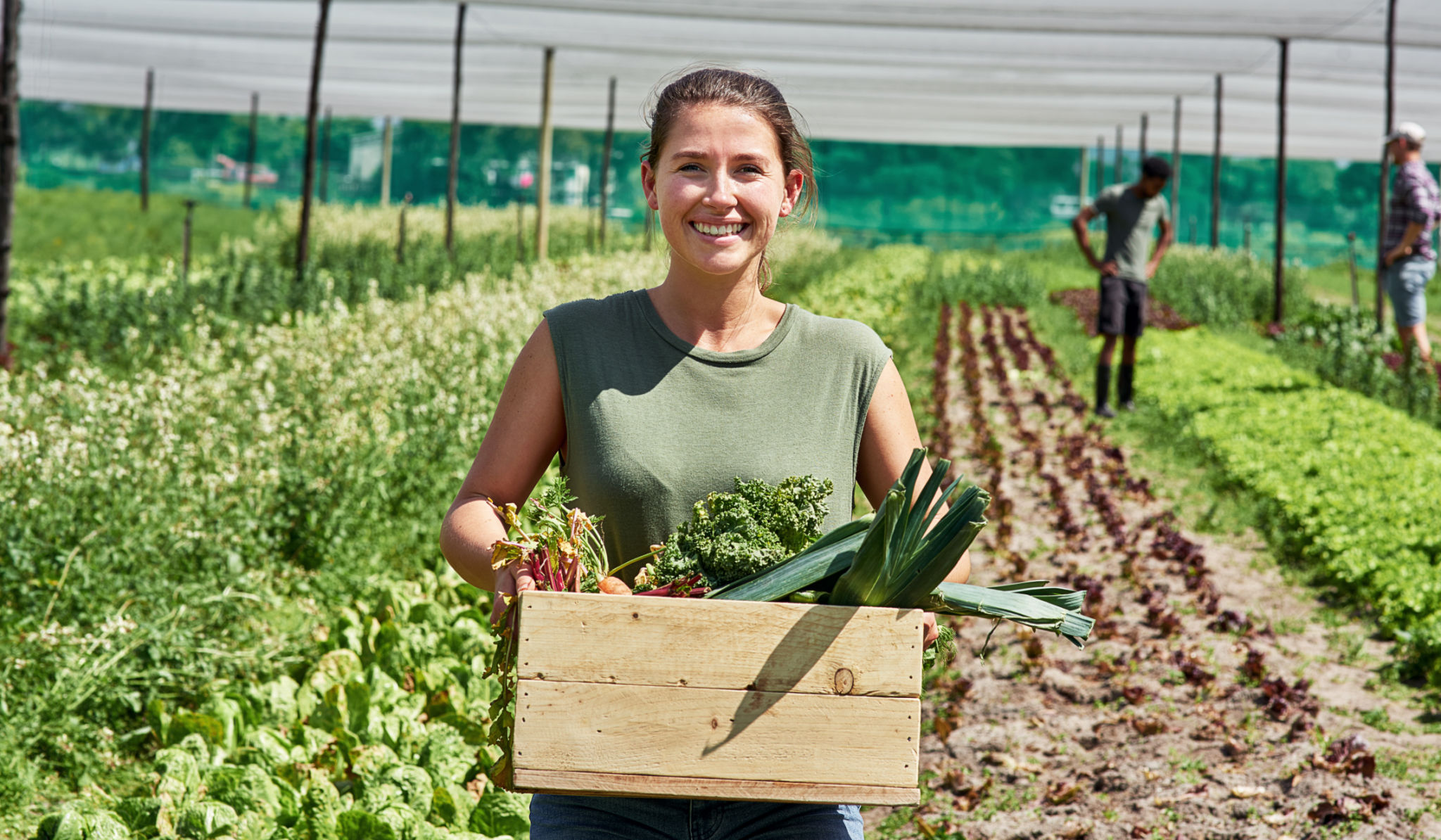Diabetes and the Local Weather: How Vijayawada's Climate Affects Diabetic Care
BH
Understanding Vijayawada's Climate
Vijayawada, nestled on the banks of the Krishna River in Andhra Pradesh, experiences a tropical climate. The city is known for its hot summers, mild winters, and monsoon rains, which can influence how individuals with diabetes manage their condition. Understanding how these climatic conditions affect diabetic care is crucial for maintaining good health.

The Impact of Heat on Blood Sugar Levels
High temperatures, typical of Vijayawada's summer months, can pose significant challenges for people with diabetes. Heat can cause blood sugar levels to fluctuate unpredictably. During hot weather, the body uses more energy to cool down, which can lead to lower blood sugar levels. Conversely, dehydration—a common risk during high heat—can elevate blood sugar levels.
For diabetic individuals, it is essential to stay hydrated and monitor blood sugar levels closely during heatwaves. Consuming plenty of water and avoiding sugary drinks can help maintain stable glucose levels. Additionally, staying indoors during peak heat hours and wearing loose, breathable clothing are practical measures to minimize heat stress.
Monsoon Season: Managing Changes in Routine
The monsoon season brings much-needed relief from the heat in Vijayawada but also introduces its own set of challenges for diabetic care. The increased humidity can affect insulin absorption rates, potentially altering how the body responds to medication. Furthermore, the rainy season may disrupt regular outdoor activities, leading to changes in exercise routines.

Adapting to these changes requires flexibility in daily routines. Diabetic individuals should consider indoor exercise alternatives such as yoga or home workouts to maintain physical activity levels. Consulting with a healthcare provider about potential adjustments in medication during this season is also advisable.
The Role of Diet in Diabetic Management
Diet plays a crucial role in managing diabetes, and the availability of seasonal foods in Vijayawada can influence dietary choices. During different seasons, local markets are flooded with specific fruits and vegetables that can be incorporated into a diabetic-friendly diet. Understanding which foods are beneficial and how they fit into a balanced diet can aid in better glucose management.
For instance, incorporating fiber-rich vegetables like gourds and leafy greens can help stabilize blood sugar levels. Seasonal fruits should be consumed in moderation, keeping an eye on portion sizes and their impact on blood glucose.

Community Support and Resources
Living with diabetes in Vijayawada means having access to a community equipped with resources and support systems. Local healthcare providers, diabetic educators, and support groups offer valuable guidance tailored to the city's unique climate challenges. Engaging with these resources can empower individuals to make informed decisions about their health.
Participating in community workshops or seminars can provide insights into effective diabetes management strategies specific to Vijayawada's climate. Sharing experiences with others facing similar challenges also fosters a sense of community and shared learning.
Conclusion: Adapting to Climate for Better Health
Vijayawada's climate undeniably impacts diabetic care, but with awareness and proactive management strategies, individuals can lead healthy lives. By understanding the effects of weather on blood sugar levels, adapting routines during monsoon season, maintaining a balanced diet, and leveraging community resources, diabetic individuals can effectively manage their condition regardless of the season.
Ultimately, staying informed about how local weather patterns affect diabetes will enable individuals to navigate these challenges successfully, ensuring better health outcomes throughout the year.